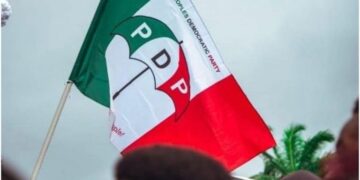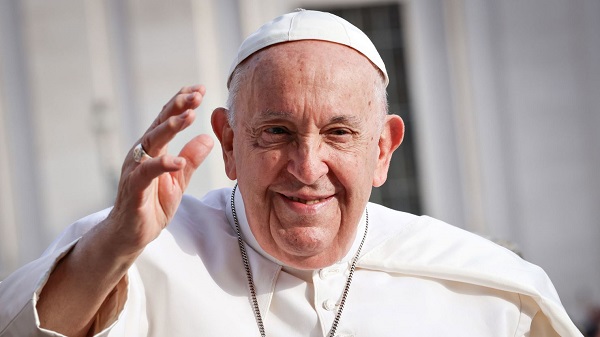By Sam Omatseye
Pope Francis reflected the power of God in man and limitations of man in God. He took over like a revolutionary of consent in a conservative stronghold. Many feared he was a bull in a holy of holies, a man who wanted to upturn centuries of faith with murder. He smiled at the gay, nodded to the divorce, washed a black man’s feet in southern Sudan, and stood as a counterpoise of empathy in an age of rightwing populism. Some thought he wanted to shed another blood that Jesus did not. He wanted to shed the church.
But he was just a tease and a shaker. He teased the liberal, who thought he might reverse abortion, remove dogma on gays, resurrect Henry VIII by endorsing divorce, plant a woman on the pulpit. He teased all that, but achieved none. While at it, though, he nudged the conservative in the words of the Caribbean novelist who wrote, “something startles where I thought I was safest.” He did not murder the cathedral.
In the end, he was an angel of disobedience. The Bible says to obey is better than sacrifice. He preferred not to sacrifice the law, but he sacrificed hope. That is what we have in the end. He was not capable of that sort of earthquake. Faith is nothing without its mystery, and when modernity enters the sanctuary, the response is the whip like Jesus in his rage. Modernity threatens mystery, and without mystery the church loses its power. Dostoyevsky in his The Brother Karamazov identified authority, miracle and mystery as the fulcrums of faith. To yield to such secular agitations is to subordinate the raison d’etre of the Bible. Any pope who yields, compromises history. What is church without memory. But he confronted power and made the world leaders uncomfortable, especially on immigration. Trump, who is faithless struggled to affirm his Christian loyalty.
If Pope Francis’ legacy is intangible, Pope John Paul II broke royal backbones. The pontiff who survived an assassination, has been credited with the soft power that fell communism. Each time he visited a country, the leader fell. He did it to Poland, Chile, Haiti, Paraguay and he did not blush to condemn the leaders. He was like Sunny Ade’s song, Ologini tide o/ ekute paramo -the cat has arrived, the rat should take cover. The rats of tyranny fell before the cat under the spell of the big cat, the lion of the tribe of Judah. The dictators, especially a man like Chile’s Pinochet, might have invoked the words of Henry II over a pesky Priest Thomas Becket, “Will no one rid me of this turbulent priest?” Not long after, Becket breathed his last. That was the age of savagery. We may just be more refined in our savagery these days of hounding immigrants in the fashion of Hitler’s squad. We have had good and bad popes. My teacher at Ife, Professor Femi Omosini, crooned in class about some medieval popes: “the pope became extremely worldly. He wined and dined with secular authorities and bargained openly for the expansion of the papal territory.” Popes are products of their times, sometimes in deference or defiance of the holy spirit.







































Discussion about this post